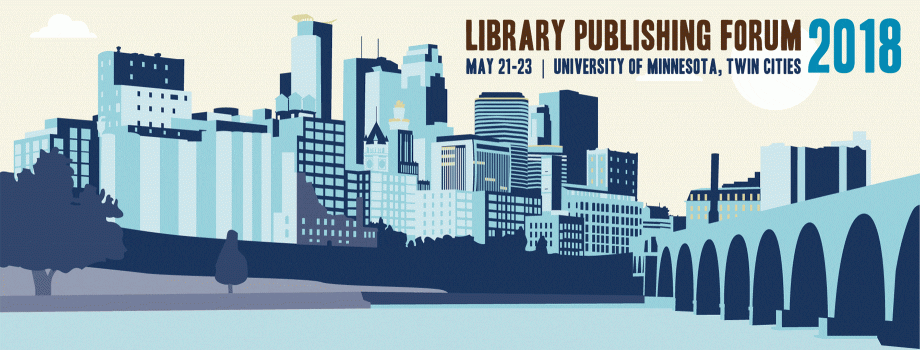September 6, 2018
One library’s scholar-led, scholar-owned manifesto
By Melanie Schlosser
This is an invited guest post by Paige Mann at the University of Redlands.
*****
“As we expand the footprint of library publishing, we must continue to dialogue with colleagues about the increasing corporatization of academic libraries, and how scholar-led and/or scholar-owned is necessary for the good of our institutions, researchers, students, mainstream and marginalized communities.”
*****
Building off a shared value for critical librarianship, the librarians at the University of Redlands have been adapting our practices to respond to a myriad of factors, including shrinking budgets, vendor mergers and acquisitions, and publisher transformations into information analytic businesses. Although ours is a private, liberal arts institution that prioritizes teaching over publishing, all of higher education is involved with scholarship and learning, and are thus all affected by and affect scholarly publishing. Given our professional values, library publishers and libraries as a whole must use our positions to discern and respond to practices that erode, or can otherwise weaken, scholarship and learning.
When considering third-party commitments, our practice at the Armacost Library has been to base decisions primarily on costs, features, demand, usage, and influences on student learning. However, since January 2018 our library has been discussing the role professional values play in these decisions. We created a flexible assessment to foreground these values. This assessment takes into account community governance, fair licensing practices, diversity and inclusivity, commitment to open, privacy, and other criteria. Recognizing the impact this could have on institutional relationships, we followed this with a manifesto to draw attention to perversions we observed in scholarly communication practices. Our current draft of the Scholar-Led, Scholar-Owned Manifesto is brief, but dense with citations to strengthen our stance.
As we expand the footprint of library publishing, we must continue to dialogue with colleagues about the increasing corporatization of academic libraries, and how scholar-led and/or scholar-owned is necessary for the good of our institutions, researchers, students, mainstream and marginalized communities. That is, let’s adapt our ethical framework for publishing to also ground the terms with which we negotiate with vendors regarding our repositories, subscriptions, purchases, systems, and services. Let’s also reexamine ways to better steward the resources under our care to balance immediate needs with long-term, sustainable scholarly infrastructures. I’d like to see our scholarly communication units lead this change alongside our reference and user services, technical services, special collections, information literacy, web and technology teams.
The Manifesto will likely remain in draft form for a while as we negotiate with colleagues and ourselves, and while we reconcile the philosophical with the practical world of time, budgetary, and enrollment pressures. With the understanding that this is a big, complex, and ongoing adventure, we are pacing ourselves and will do what we can, with what we have, to work toward sustainable change in libraries. To that end, we encourage you to use and adapt the Assessment and Manifesto documents to stimulate discussion and change at your institutions.
Paige Mann
Physical Sciences Librarian | Web Experiences Librarian
University of Redlands


